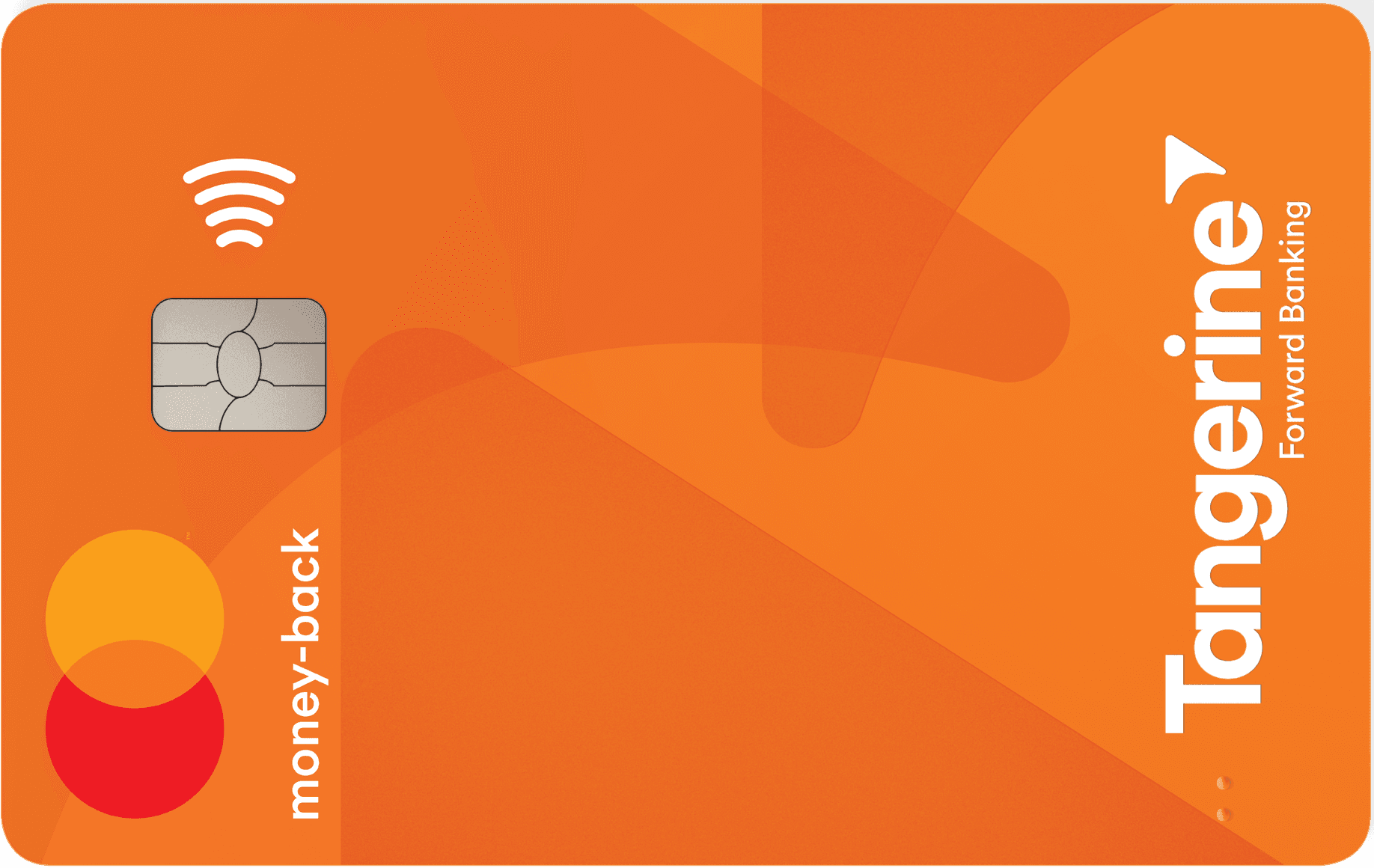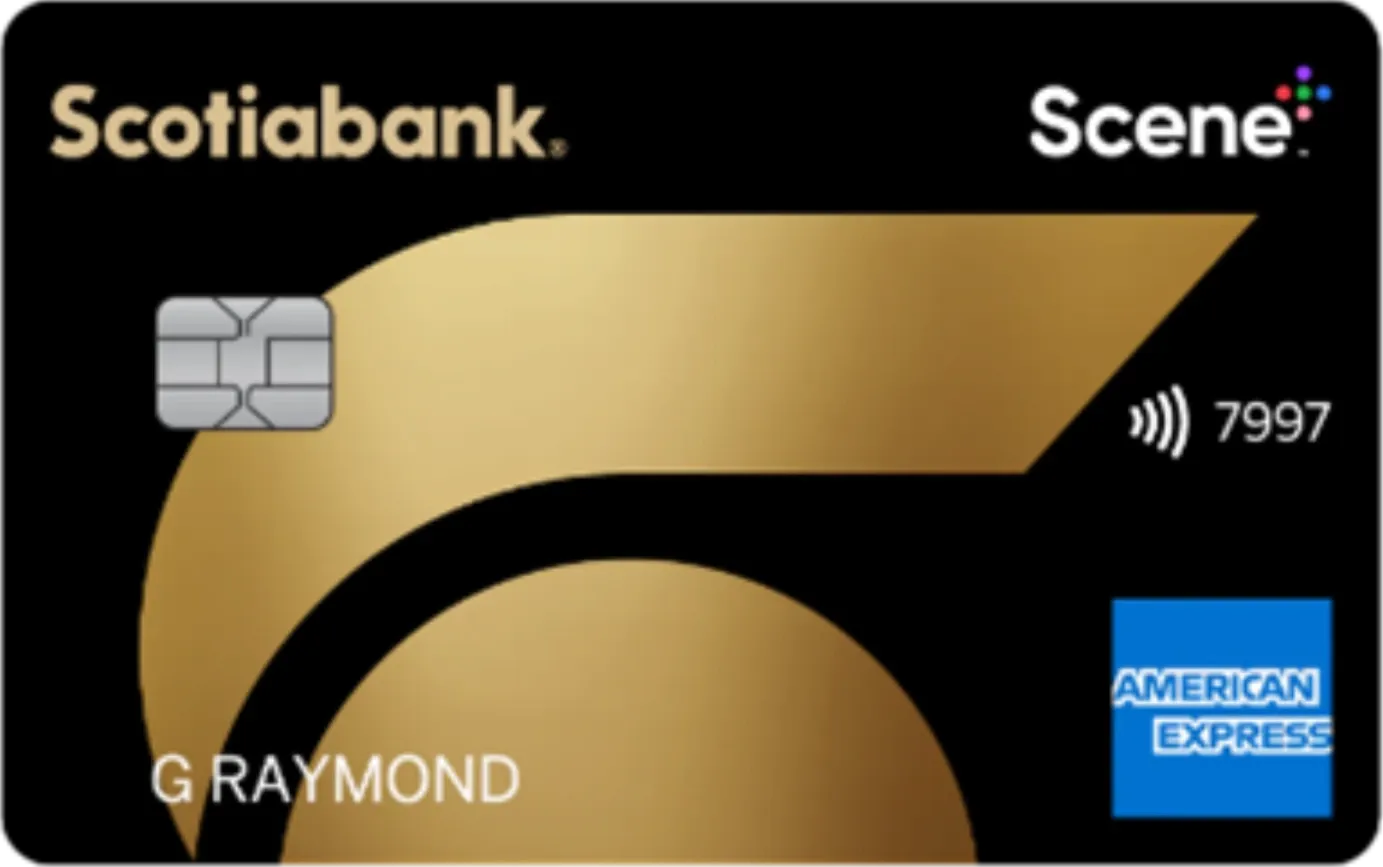Working hard in the background...
Why Credit Card Application is Declined? A Comprehensive Guide
Published Nov 22, 2025 5:12 PM • 8 min read
Getting your credit card application declined can happen for many reasons and is not always necessarily a reason to be concerned.
It leaves many applicants wondering, "why was my credit card application declined?"
There's actually a law that forces creditors to provide you with an adverse action notice in case your application was rejected for something found in your credit report.
So you're probably wondering about what to do in this scenario, why credit card application is declined and how can you improve your odds of approval now?
Let's delve into some of the reasons why credit card application is declined and afterwards, we will look at what's the best course of action.
Understanding why credit card application is declined
1. Low Credit Score
Probably the most important factor when it comes to credit card approval is your credit score, aka your creditworthiness. A low credit score may indicate a history of missed payments or high debt levels, making you a risky borrower in the eyes of lenders.
For example, if your credit score is 600, which is considered fair or poor, you may struggle to get approved for a credit card that requires good to excellent credit. If your credit score is low, consider working on improving it before reapplying. In those cases, you can use one of the best secured credit cards in Canada to rebuild your credit score and work toward getting approved for an unsecured credit card in the future.
2. Limited Credit History
A limited credit history can also lead to a declined application. If you're new to credit, lenders may not have enough information to assess your creditworthiness.
For instance, if you've only had a credit card for six months, this may not provide enough data for lenders to evaluate your credit behavior. In such cases, consider applying for credit cards designed for people with limited credit history or use alternative credit data like income and expenses. In those cases, you can start by applying for one of the best newcomer credit cards and then transition to other cards as you build your credit history.
3. Insufficient Income
Credit card issuers need to ensure that you have the financial capacity to repay your debts. If your income is insufficient, it could lead to a declined application.
For example, if you're a student with a part-time job, your income might not meet the issuer's requirements and usually look for student credit cards instead. Make sure to include all sources of income on your application to increase your chances of approval.
4. High Debt Levels
High debt levels can be a red flag for credit card issuers. If you're already struggling to manage your current debts, lenders may deem you as a high-risk borrower.
For instance, if your debt-to-income ratio is above 40%, this could signal to lenders that you may struggle with managing additional credit. Consider paying down your existing debts before applying for a new credit card, otherwise your odds of approval remain low.
Read More: How to Get Out of Credit Card Debt
5. Recent Bankruptcy
A recent bankruptcy on your credit report can significantly impact your chances of approval. Bankruptcy indicates a failure to meet previous debt obligations, making you a risky prospect for lenders. If you've filed for bankruptcy in the past year, many lenders will be hesitant to extend credit.
If you have a bankruptcy on your credit report, consider applying for secured credit cards or cards designed for individuals with poor credit.
6. Too Many Recent Credit Inquiries
Multiple credit inquiries in a short period of time can lower your credit score and make you appear desperate for credit. Avoid applying for multiple credit cards after getting denied. For example, if you've applied for five credit cards in the past month, this could be seen as a red flag by lenders.
If your application is denied, it's best to wait for some time, at least a few months, before applying again.
7. Errors in the Application
Sometimes, applications are denied due to errors or inaccuracies in the application form.
For example, if you accidentally input the wrong income or employment information, this could lead to a denial. Ensure all the information you provide is accurate and up-to-date.
What to Do If Your Credit Card Application Is Declined?
1. Understand the Reason for Denial
Credit card issuers are required to provide a reason for denial, by sending you a letter outlining why. Understanding the reason can help you address the issue and improve your chances of approval in the future.
For example, if your application was denied due to a high debt-to-income ratio, you can focus on reducing your debt or increasing your income.
2. Review Your Credit Report
Regularly review your credit report for any errors or discrepancies. If you find any, dispute them immediately as they could be the reason for your application denial.
For example, if your report shows a late payment that you know was made on time, you can dispute this with the credit bureau.
3. Improve Your Credit Health
Work on improving your credit score by making timely payments, reducing your debt levels, and maintaining a low credit utilization ratio.
For example, if your credit utilization ratio is above 30%, try to pay down your balances to bring it below this threshold which will positively impact your credit health over time.
Read More: Improve Your Credit Score
4. Apply for a Less Demanding Credit Card
Consider applying for a secured credit card or a card made for people with bad credit if your application for a conventional credit card is rejected. Over time, these cards might assist you in establishing or repairing your credit.
Taking a secured credit card as an example, the credit limit is determined by the security deposit. You can demonstrate responsible credit behavior and raise your credit score by making consistent, on-time payments.
Conclusion
The first step in increasing your chances of approval in the future is to understand why your credit card application was rejected.
You can raise your chances of being accepted the next time you apply by resolving the issues that caused the refusal and taking actions to strengthen your credit.
Never forget that using a credit card properly is essential to keeping your credit in good standing.
Frequently Asked Questions
1. Why was my credit card application declined?
Your credit card application could be declined for several reasons, including a low credit score, limited credit history, insufficient income, high debt levels, recent bankruptcy, too many recent credit inquiries, or errors in the application. Understanding the specific reason for your denial can help you take steps to improve your chances of approval in the future.
2. How can I improve my credit score?
Improving your credit score involves several strategies, including making timely payments, reducing your debt levels, maintaining a low credit utilization ratio, and avoiding too many hard inquiries on your credit report. Regularly reviewing your credit report for errors and disputing any inaccuracies can also help improve your credit score.
3. What should I do if my credit card application is declined due to insufficient income?
If your application is declined due to insufficient income, consider including all sources of income on your application. If your income is still insufficient, you may need to apply for a credit card with lower income requirements or improve your income before reapplying.
4. What is a secured credit card?
A secured credit card is a type of credit card that requires a security deposit, which typically serves as your credit limit. Secured credit cards are designed to help individuals with poor credit or limited credit history build or rebuild their credit.
5. How can I avoid having too many recent credit inquiries?
To avoid having too many recent credit inquiries, it's advisable to apply for new credit sparingly. Each time you apply for credit, a hard inquiry is recorded on your credit report, which can lower your credit score. If your application is denied, consider waiting for some time before applying again.
6. How can I dispute errors on my credit report?
If you find errors on your credit report, you can dispute them by contacting the credit bureau that issued the report. You'll need to provide evidence to support your dispute, such as payment records or court documents. The credit bureau is required to investigate your dispute within 30 days.
7. How long should I wait to reapply after my credit card application is declined?
If your credit card application is declined, it's generally advisable to wait at least three to six months before reapplying. This gives you time to address the issues that led to the denial and improve your credit health.
8. Can I still get a credit card if I have a bankruptcy on my credit report?
Yes, you can still get a credit card if you have a bankruptcy on your credit report, although it may be more challenging. You may need to apply for a secured credit card or a card designed for individuals with poor credit. Over time, responsible credit behaviour can help you improve your credit score and increase your chances of getting approved for a regular credit card.
Trending Offers

Tangerine® Money-Back World Mastercard®*

Tangerine Money-Back Mastercard

Neo World Elite® Mastercard®

Scotiabank Gold American Express® Card
About the author

Abid Salahi
Credit Card Expert
Abid leads the design and engineering of the FinlyWealth website, making sure everything runs smoothly and looks great. He’s a seasoned software engineer who follows best practices and designs interfa...
SEE FULL BIO